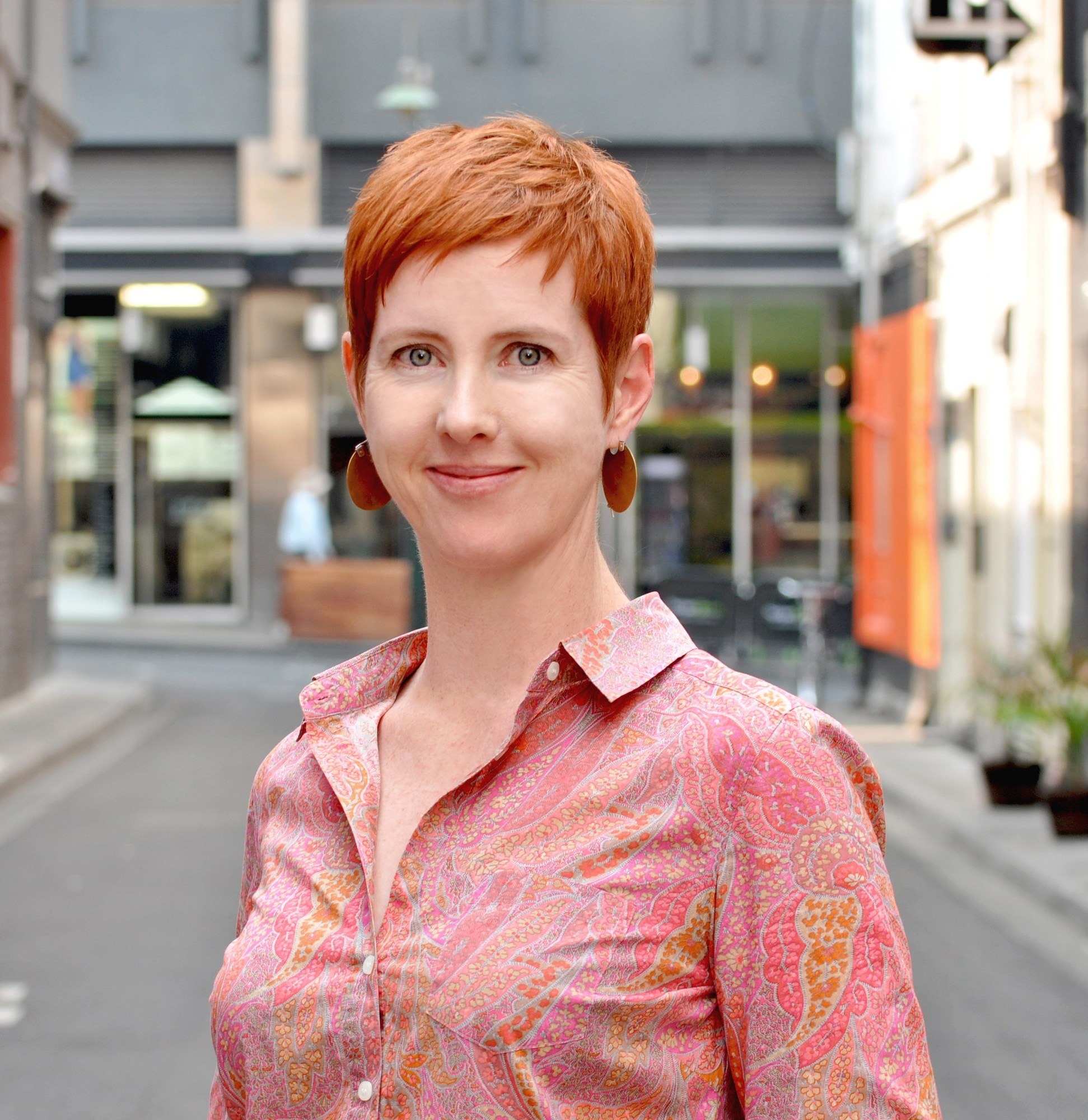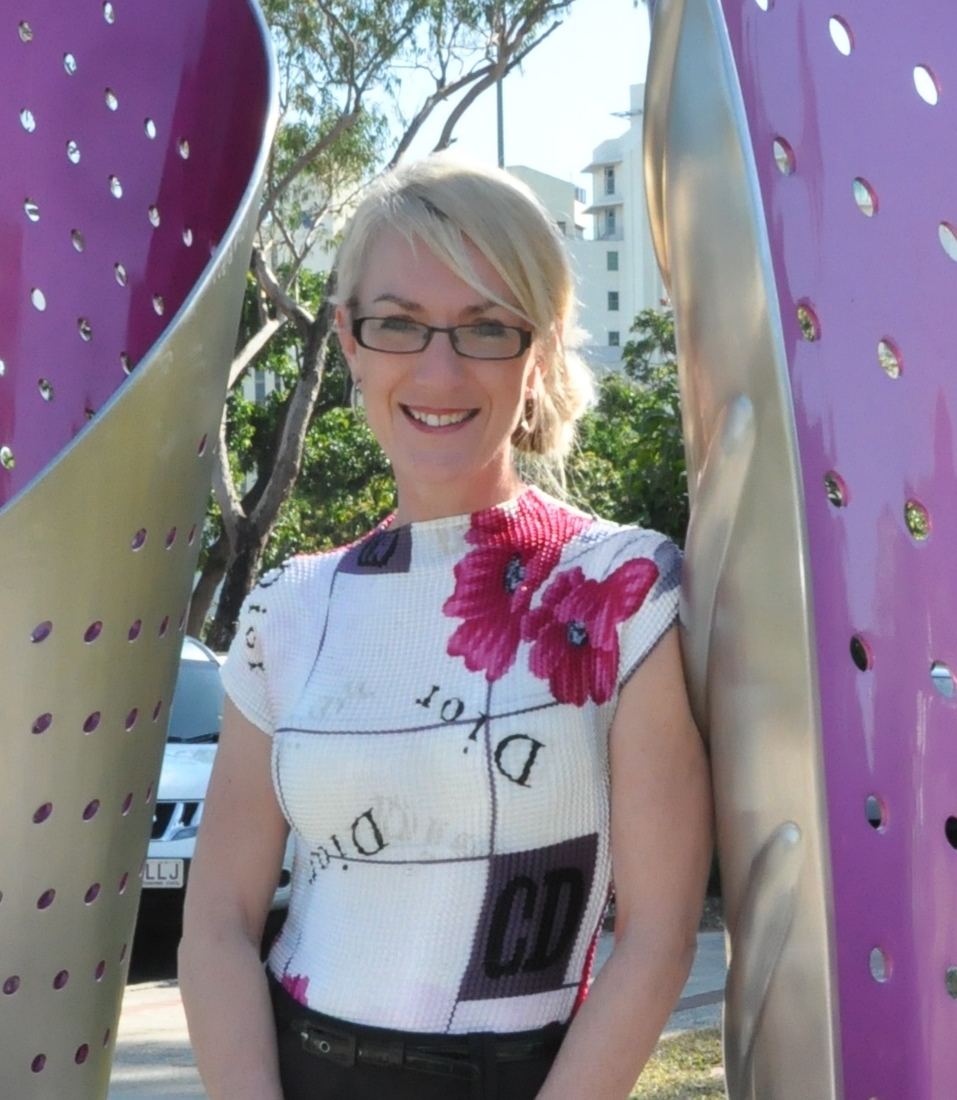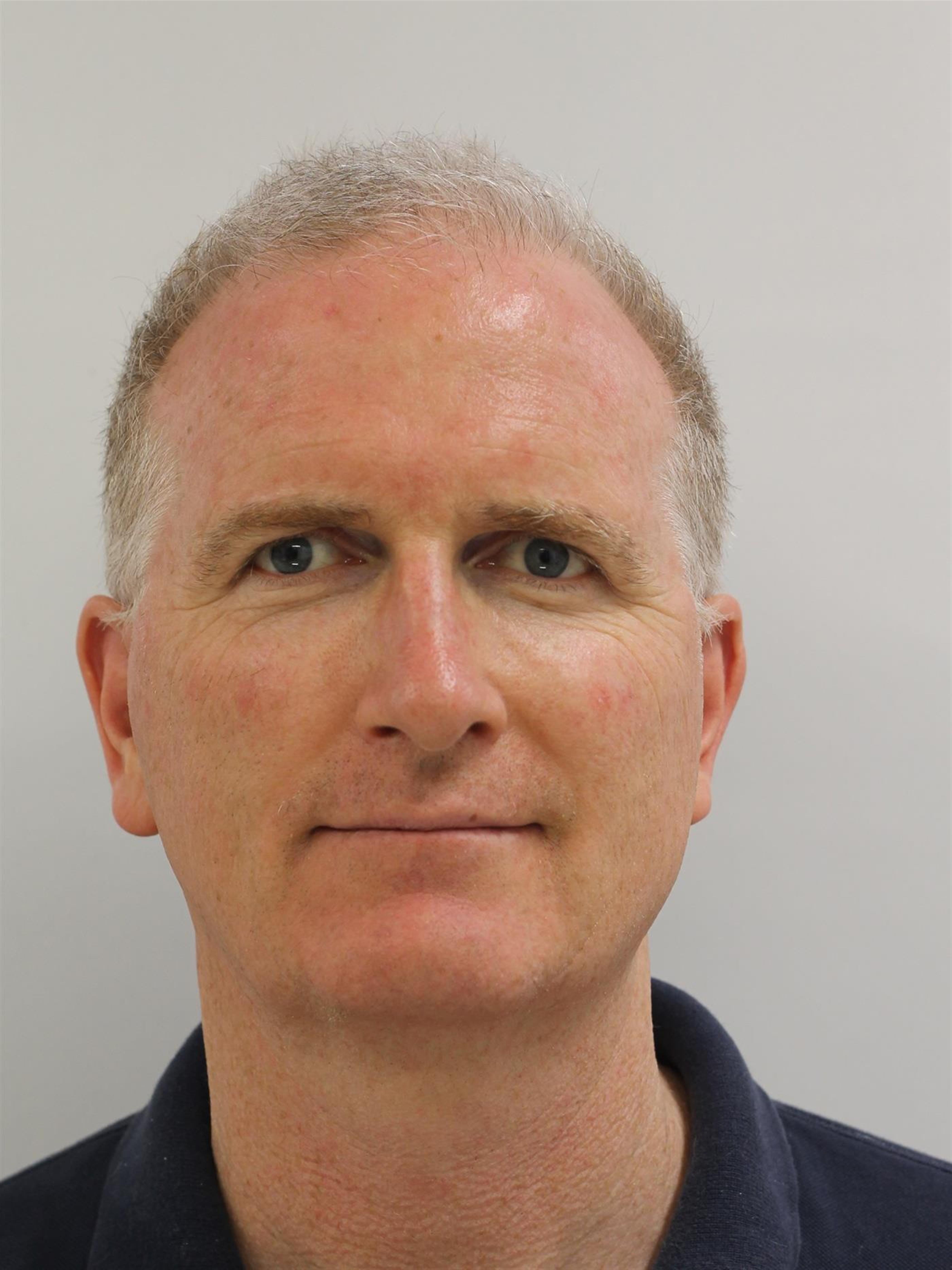Keynote Speakers
Rachael Smith

Rachel Smith is an Author, Speaker and Entrepreneur.
Her Transport Planning career spans 17 years across the public and private sectors in the UK and Australia specialising in delivering behaviour change. She has two TEDx talks, was part of the BMW Guggenheim Lab and has spoken in the Palace of Westminster’s House of Lords. She was retained by the UK Government for 6 years as an expert traffic reduction and behaviour change advisor working with schools, workplaces and tourism destinations. She has won numerous international transport and road safety awards, spoken at more than 300 conferences around the world, is a regular on TV and radio and is the Author of Decongestion.
Rachel is also the Author of Underspent. Rachel quit overspending - she didn’t buy anything new or 2nd hand in 2014 and saved 38% of her take-home salary. She changed her spending and transformed her savings. It started as an experiment, but it changed her life, so she kept on going. She is the Founder of Underspent, Australia’s leading saving money program. She created the Underspent 10-week online program which sees men, women and teenagers, around the world, change their spending and transform their savings so that they can afford their big dreams.
Rachel’s passions include financial security, experiences not stuff, inspirational education, sharing, the beach, horse riding, bicycle riding, family and friends.
Alice Woodruff

Alice is founder and Director of Active City, an independent consulting practice that specialises in active transport planning and travel behaviour change interventions. Her work and interests sit squarely within how we make our cities and towns - especially our precincts, workplaces, schools and suburbs – sustainable, happy and healthy communities. Her lens for city shaping is how people access and choose to travel through urban places.
To design and implement successful travel behavior change interventions, plans and policies requires integrating and translating across disciplines, as well as co-designing solutions with communities and stakeholders. Active City’s projects intersect transport planning, place making and urban design, as well as community development and organisational change.
Alice has worked with a host of workplaces from major corporates, to smaller businesses and retail centres; as well as universities, hospitals, dozens of schools, government and other local communities across Australia.
Linda Cooper

Linda Cooper was first elected as a Councillor with the Cairns Regional Council in 2008 and has retained her position as a Councillor since that time. Within her first year as a Councillor she was appointed Chair of Finance for Cairns Regional Council and currently holds the role as Chair of Cultural Services. She serves on a number of Boards and Committees and was most recently appointed to the Commonwealth Games (Cairns) 2018 Steering Committee. She has a passion for instigating projects and programs that invigorate and activate suburban areas.
Paul McArdle
Paul's background is finance and banking having worked for several large international banks and corporations in New Zealand, UK and The Netherlands for many years. But since returning to New Zealand in 2009 his focus has been how best to enable as many children as possible to experience the benefits and joys of biking regularly at school through the roll-out of a school-based "Bikes in Schools" project. The project, which is supported by both central and local government, includes the building of bike tracks within the school grounds.
DAY 1 – Activating kids through Bikes in Schools
Bikes in Schools, which started off as a one-off project on the sports fields of a single New Zealand primary school back in 2010 has now spread to 75 schools across the country. Bikes in Schools is providing 20,000 children with regular access to bikes and bike tracks all within their school grounds.
How did this happen and what have been the outcomes for the schools, students and their communities? See www.bikeon.org.nz
DAY 2 – More kids biking today = more adults choosing active transport tomorrow.
Investing in cycling infrastructure makes cities and towns more livable and more desirable. But the future return on this investment (ROI) will be severely limited if the number of today's children biking regularly continues to decrease. This is one of the main reasons central and local government in New Zealand are investing in Bikes in Schools projects across the country.




